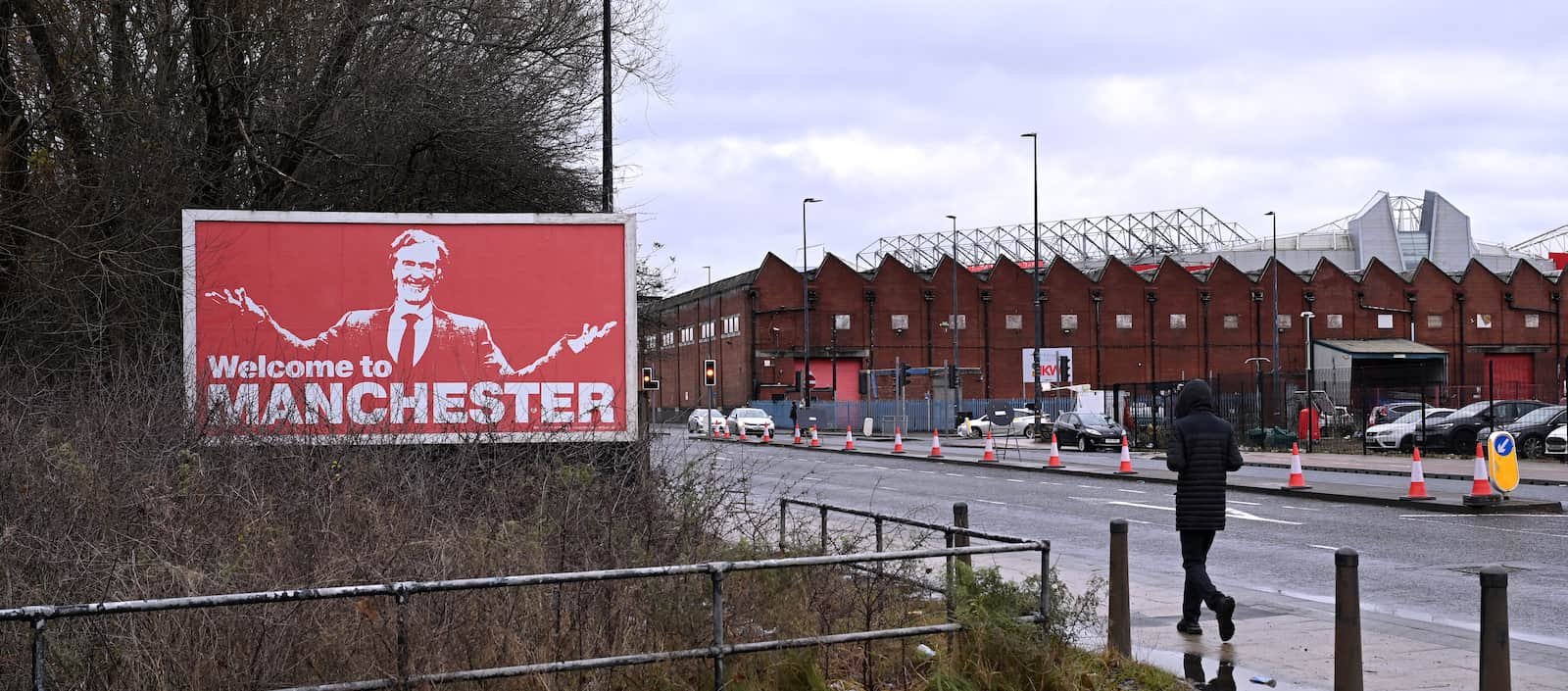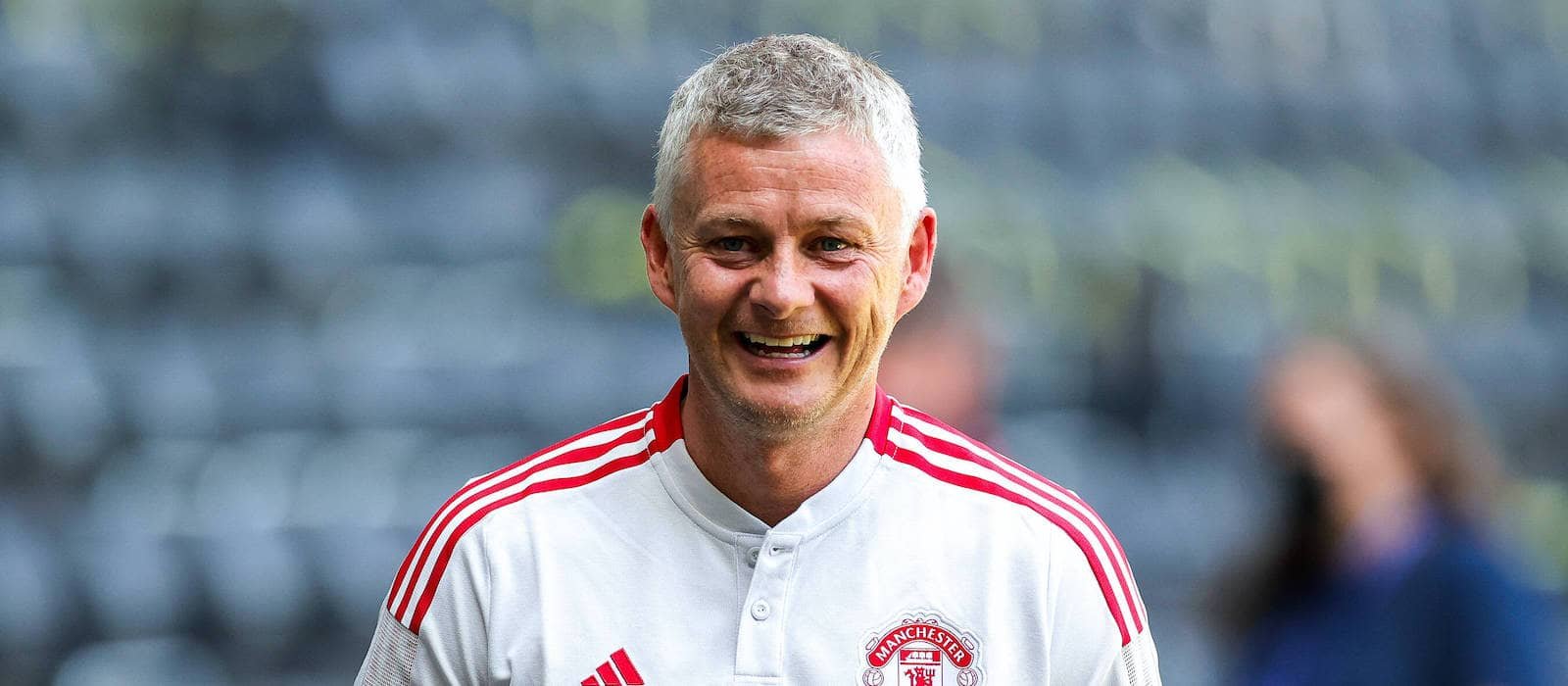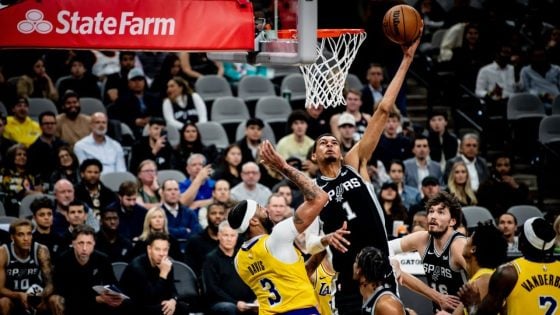Investment bank: Man United shares significantly less attractive after Sir Jim Ratcliffe deal – Man United News And Transfer News
4
According to investment firm Deutsche Bank, Manchester United shares represent a significantly less attractive investment even after the completion of Sir Jim Ratcliffe’s deal to take up a stake in the club.
Last month, United confirmed in a statement that Ratcliffe had completed his 27.7% partial investment into the club.
Since then, the Oldham-born billionaire has embarked on a campaign of subjecting the Red Devils’ sporting operations to a radical overhaul.
Already, INEOS had secured the services of Manchester City’s Omar Berrada to come in as the next CEO and Richard Arnold’s long-term successor.
The appointment of more key personnel to assume other top positions is thought to be the next item on Ratcliffe’s agenda.
Negotiations remain ongoing with Newcastle for Dan Ashworth who has been tipped to assume a maiden sporting director role at Old Trafford.
Southampton’s Jason Wilcox and Crystal Palace’s Dougie Freedman are also on United’s radar for the technical director and head of recruitment roles respectively.
In addition to bringing in football people, Ratcliffe also confirmed his intention to build a new stadium for United.
A task force was set up to study the feasibility of the regeneration of Old Trafford and the surrounding area.
These are certainly exciting times for United supporters and things are finally starting to look up after years of mismanagement and decline under the parasitic Glazers.
Despite all this, Deutsche Bank cut United’s stock price target to $16 from $20.30 on Thursday. This means that the financial institution has reduced its projected or estimated price target for United’s stock.
In Deutsche’s estimation, the new and revised target price is now $16 per share, which is lower than the previous target of $20.30 per share.
The investment firm maintained a Hold rating on the stock and stated that the Premier League club is currently “in limbo.”
A Hold rating means that there is no reason to buy the stock or there’s no compelling reason to sell it if one already owns it. Such an advisory is usually issued when there is uncertainty within a company.
This comes after United posted its second-quarter earnings, which showed record revenues of £225.8m, up 34.9% from last season. This was mostly down to qualification for the Champions League.
Outlet Proactive point out that United bosses remain confident the club will net fiscal full-year profit between £125 million and £150 million.
The publication also notes that there is a belief the 20-time English champions will also meet their annual revenue projections of between £635 million and £665 million.
It’s important to note that these projections were downgraded after United were knocked out of the Champions League. Indeed, it was relayed that the full financial ramifications arising from United’s early exit from the continental competition will be reflected in the next quarter’s results.
Analysts at Deutsche bank said about United’s financial results, “It was a mixed quarter, with record revenues, due to a return to Champions League football, but a rapid exit from the competition. ManU is entering a period of uncertainty.”
“The new CEO is not due to start until July, but new strategic investor (Sir Jim Ratcliffe/INEOS) is already looking at significant potential change, with the possibility of a participation in a £1bn to £2bn investment in a new stadium, as part of regeneration plans for Old Trafford.”
Analysts added, “It will carry Champions League wages, but no Champions League revenues, reducing broadcast/matchday revenues.”
“Profits will be impacted by its final premier league position, with over £2.2 million of additional prize money for every additional place in the league (it is currently in 6th position), creating some uncertainty.”
It’s understood that Deutsche Bank have lowered United’s financial forecasts for the fiscal year 2024 from £641.5 million to £638.9 million. These figures take into account Earnings Before Interest, Taxes, Depreciation, and Amortization (EBITDA) – all metrics that measure a company’s operating performance.
The analysts insisted that their projections were also reflective of INEOS’ tender offer.
Check out our Latest News and Follow us at Facebook
Original Source







